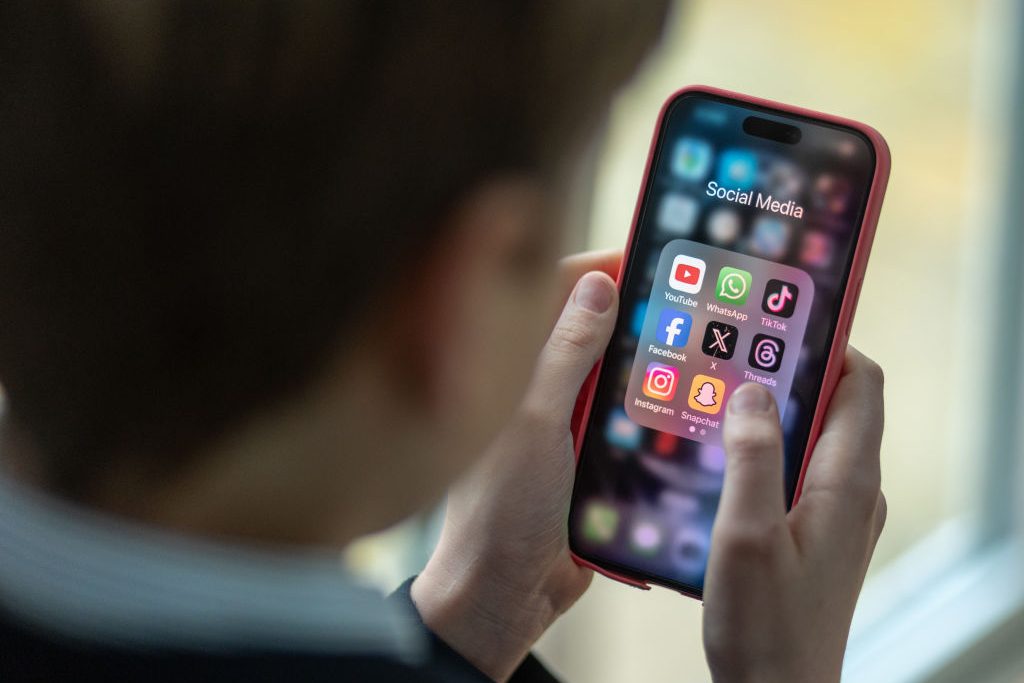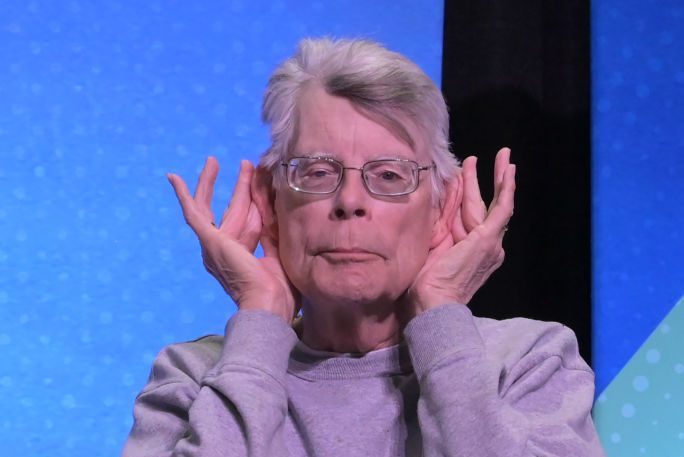There’s a line in Desperately Seeking Susan where Madonna (Susan) reads aloud the diary of Roberta, the bored housewife she has swapped places with: ‘Couldn’t sleep. Went into kitchen. Gary came in, turn off light. Gary left. Finished birthday cake.’ Then she exclaims: ‘Pages of it; it’s got to be a cover — nobody’s life could be this boring!’
A related naughty thought often comes to mind when I see my chums worrying on Facebook about The Man stealing photos of their cat wearing rabbit ears or their own preferences in caffeinated beverages. If there is a stealthy cabal of shadowy figures seeking to make puppets out of us — mere paper dolls capering powerlessly at the whim of our faceless masters! — why do people with such dull lives believe they are in any way of interest to would-be Dr Evils? Or are cats-in-rabbit-ears fascinating code for something intriguing that only I haven’t been let in on?
It wouldn’t be the first time I’ve found myself in a minority. When in July Facebook paid a $5 billion fine after its allegedly outrageous breaching of privacy, I couldn’t get worked up about it. I understand that Facebook violated privacy rules by flogging information about tens of millions of users without their knowledge to the international consultancy firm Cambridge Analytica, which had boasted that it could ‘find your voters and move them to action’ using a team including data scientists and behavioral psychologists. I know that in 2013, the Cambridge professor Aleksandr Kogan used his app — This Is Your Digital Life — to ask 270,000 Facebook users questions about their personalities and that by answering them, the users granted Kogan access not only to their profiles but to those of their friends. But one thing I don’t understand, know or get is why I wasn’t outraged, when 99 percent of my Facebook friends appeared to be. In fact, my only reaction was one of admiration — what a clever man, making money for doing so little.
The writer Daniel Jupp sums it up well: ‘It’s pure unmitigated evil when it’s used to help elect people liberals don’t like. It was an innovative and savvy form of electioneering when used by people liberals like; I can actually remember articles praising Obama’s modern campaigning techniques when he did exactly the same stuff. It’s a supremely arrogant and inherently anti-democratic position to think that masses of people who don’t vote like you have been easily swayed by such techniques, but that you have somehow resisted them out of sheer innate superiority.’
I adore Facebook and am on it every day, so it’s convenient that I really don’t care about any damn thing being stolen off me: go crazy with my GIFs and mop up my memes, Big Brother. Being on Facebook — which is all about The Wonder Of Me — and then complaining that someone’s taken notice of what you’ve posted is like a flasher complaining to the police about voyeurs.
Perhaps I’m not annoyed because I’m quite open about enjoying attention: ‘Anything that is worth doing is worth doing in public,’ as Joe Orton wrote. As opposed to hypocritical one-way sticky-beaks, I like hearing gossip about other people and I don’t mind making a show of myself in return. So why would I worry about someone noting what I like and believing it might come in useful to someone somewhere?
No doubt the usual po-faced suspects will find this unspeakably frivolous — but that’s exactly how I feel about such first-world problems as fretting about Facebook knowing which scented candle one prefers. I wonder what the citizens of so many countries — Muslim theocracies from Saudi Arabia to Iran, secret-police stifled states such as North Korea and China — which allow them absolutely no civil rights would make of our endless faffing about the evils of social media? From what I can see, they would find it a great source of free expression and wouldn’t care what kind of cat food some algorithm suggested.
Like over-privileged western half-wits being upset by pronouns, fussing over Facebook snooping is a real insult to the billions of people around the world who really are monitored and manipulated. They want the freedom we have and all we can do is fume over breaches of our pathetic privacy, as if we’re Mariah Carey surprised in the bath. So here’s a handy hint: if you don’t want attention for doing nothing, why not get off Facebook and do something that you’ll enjoy getting attention for?
This article was originally published in The Spectator’s UK magazine. Subscribe to the US edition here.


























